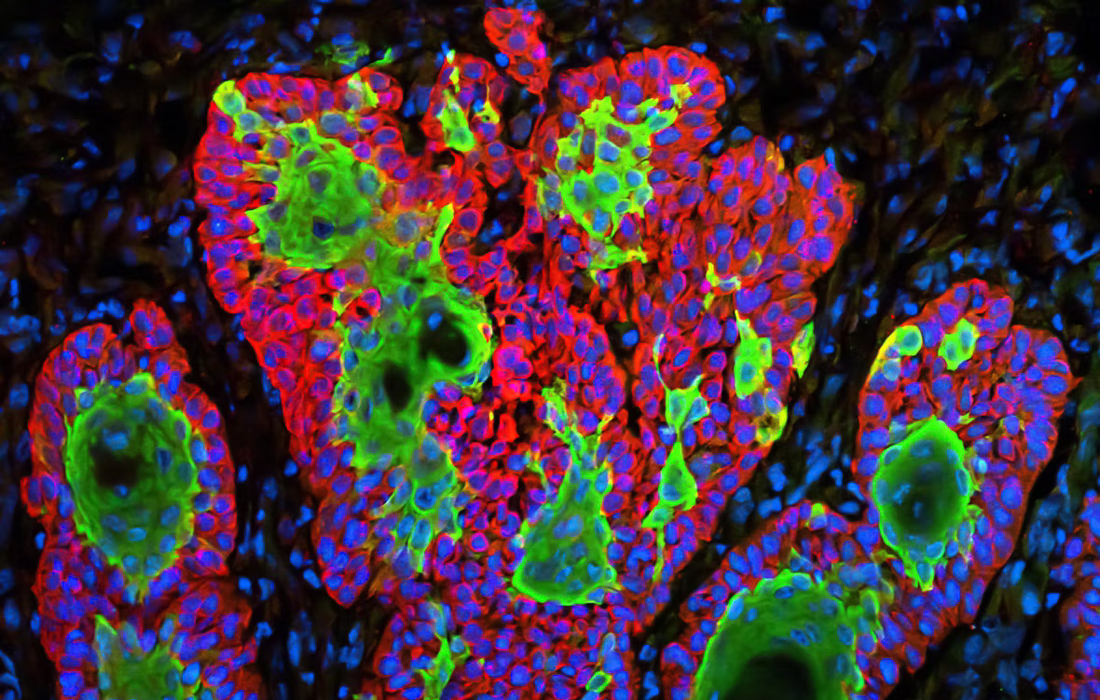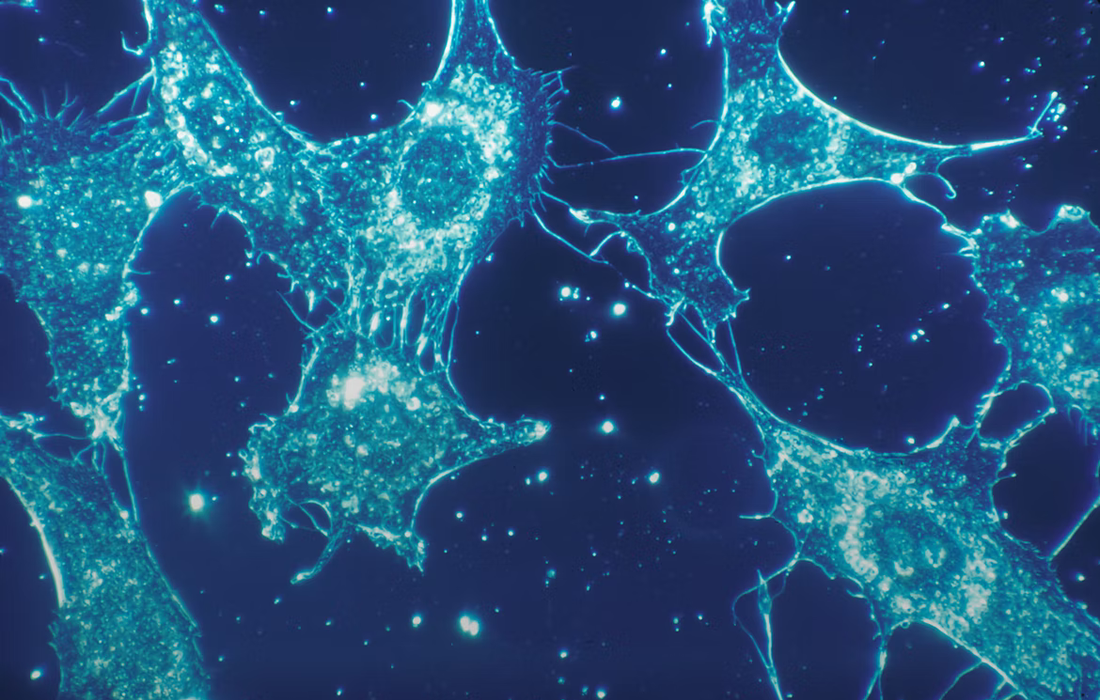Currently the general method to diagnose skin cancer is through visual inspection by a dermatologist with the aid of a dermatoscope, after which a biopsy is performed to confirm the diagnoThe visual examination accuracy is highly variable and depends on the level of training and experience of the clinician. A biopsy is an invasive procedure […]
Author Archives: Francisco Fernandez, MD
Studies have shown that vitamin D has anticarcinogenic properties, including inhibition of cell proliferation and angiogenesis, and induction of cell differentiation and apoptosis. Observational studies have provided evidence that vitamin D may protect against some chronic diseases, including breast cancer. Black/African American women and Hispanic/Latina women tend to have lower circulating 25-hydroxyvitamin D (25(OH)D) levels […]
In a recently published study by the New University of Pittsburgh, researchers have shown for the first time that the microbes in animals’ guts influence what they choose to eat, making substances that prompt cravings for different kinds of foods. The results appear in the journal Proceedings of the National Academy of Sciences. For the […]
Aging is a natural biological process that affects every cell in our bodies, resulting in various age-related pathologies, and finally the death of each multicellular organism. It is a complicated and multifactorial process, in which different mechanisms participate, including mitochondrial dysfunction, lysosome processing, endoplasmic reticulum stress, genomic instability, telomere attrition, epigenetic alterations, stem cell exhaustion, […]
Different bacteria live in different areas of the intestinal tract and have different mechanisms of action. For that reason, most clinical trials looking for the optimal probiotic supplementation for inflammatory bowel disease (IBD), focus on each condition individually, either for ulcerative colitis (UC) or Crohn’s disease (CD). One of the most common hypotheses for the […]
In normal circumstances, the stomach is coordinated by underlying bioelectrical slow-wave activity, which coordinates the contraction of the muscles that mix and move contents into and through the gastrointestinal (GI) tract. Gastric dysrhythmias occur in gastrointestinal motility disorders that can cause symptoms such as nausea, vomiting, pain, and bloating. There are no validated methods for […]
High-fiber diets are known to reduce the risk of heart attack, stroke, and cardiovascular disease. They act by lowering cholesterol and promoting a healthier lipid profile for people eating a Westernized diet. Only 5% of Americans aged 19-50 years consume the recommended 28 g (female)/35 g (male) of total fiber per day, with 90% of […]
Attention-deficit/hyperactivity disorder (ADHD) is a common impairing psychiatric condition affecting 5% to 7% of children. It can often persist into adulthood, with increased risk of poor educational achievement, substance abuse, incarceration, and ongoing psychiatric problems. Current pharmacological treatments improve ADHD symptoms for many individuals, but concern continues over side effects, stigma, and long-term effects such […]
A new study from researchers at Baylor College of Medicine and collaborating institutions reported in the journal Nature Cell Biology insights into the mechanism of how human NANOG facilitates the activation of cell pluripotency. Human NANOG expression resets stem cells to group-state pluripotency. In the study researchers identified unique features of human NANOG that relate […]
A good night’s sleep plays an important role in our health and cognitive function, it not only helps maintaining a good overall health, but it also helps in maintaining our psychological health. As we get older, we can start having alterations in our sleep patterns, which is thought to contribute to cognitive decline and psychiatric […]










